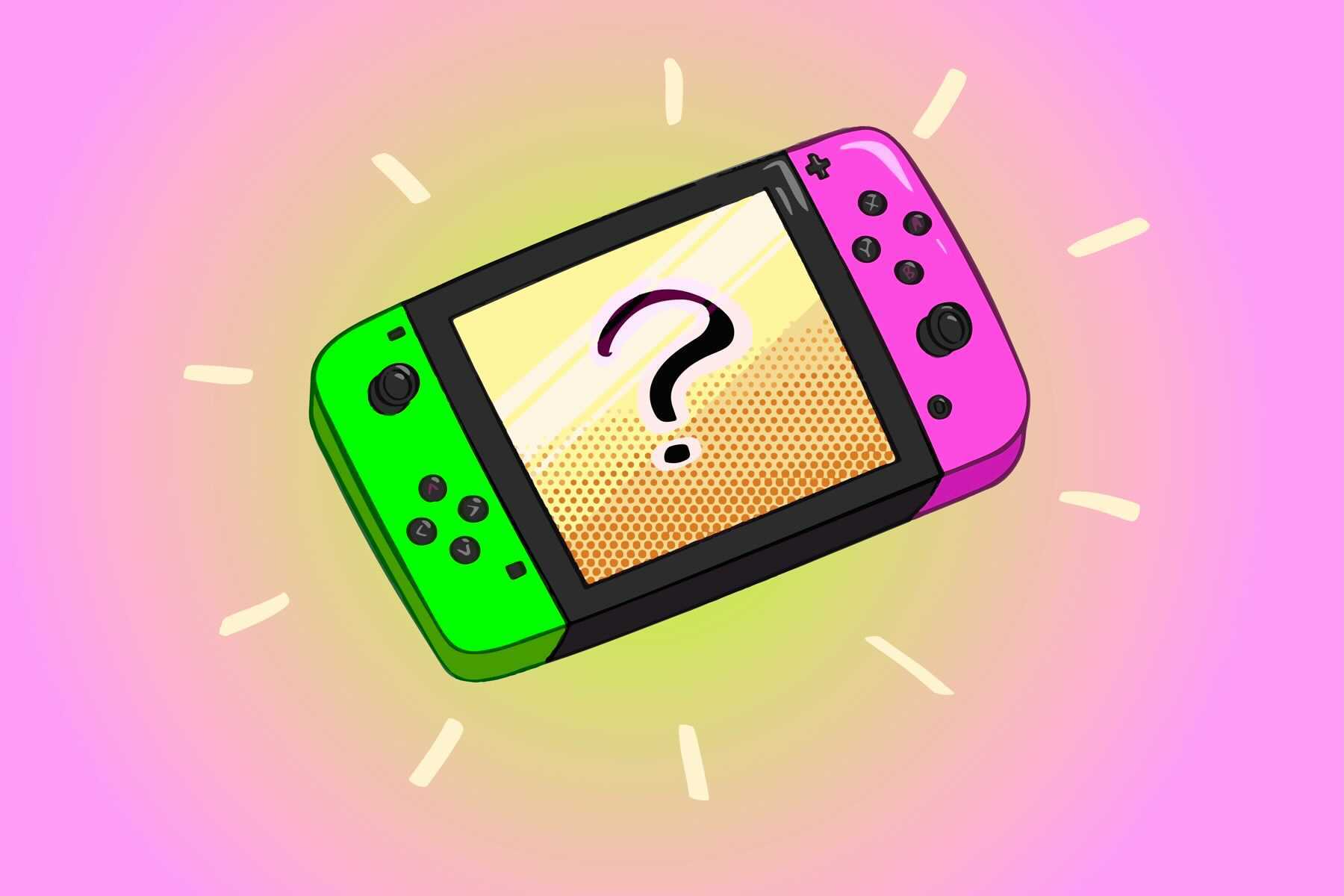When you look at your favorite video games, what kind of experience do you see for yourself? Do you see your heart racing as you avoid enemy players’ attacks, or do you see a spot for a platinum trophy on your digital shelf? Maybe you see a world to be explored with mountains to conquer and treasures to uncover. Depending on your answers, you can figure out your gaming motivations as defined by the Quantic Foundry.
Gamer motivations are broken into six key motivations — action, social, mastery, achievement, immersion and creativity — which are placed into three categories: action-social, mastery-achievement and creativity-immersion. These key motivations help gamers understand their own play style as well as their friends’ play styles. In my game design classes, it was one of the first concepts we talked about; after all, knowing your play style helps you learn your design style!
Each arousal acts as a spectrum. Just because a player scores lower on one stimulus, it doesn’t mean they can’t enjoy games with a different stimulus, as there are many different games on both sides for each category, including casino online in Poland, where every player has the opportunity to not only have fun and relax, but also the chance to earn real money.
https://www.instagram.com/p/BKGMyCpD6PD/?utm_source=ig_web_copy_link
If you’d like to take the Quantic Foundry’s gamer motivation profile test before we dive into each motivation, here’s the link!
Action-Social
The action-social category is for you if you seek excitement in your games. You like to keep your adrenaline high by playing exciting, thrilling games, as well as sharing community experiences through both cooperative and competitive play.
On the high action preference side of things, players can play for excitement and destruction through games like Halo, Counter-Strike: Global Offensive (CS:GO) and Super Smash Bros. These games allow for fast-paced gameplay and showcase lots of explosions and mayhem. On the lower preference side of action, players enjoy a calmer, endearing atmosphere. Some games that fit into this lower preference action motivation are relaxed turn-based RPGs like Civilization or serene, idyllic video games like Animal Crossing and Stardew Valley.
Social motivation players like to engage in shared experiences or healthy competition with other players. Highly motivated social players enjoy in-game teamwork with social interactions and collaboration through games like Destiny and Final Fantasy XIV. Or they might be more into the competitive aspect of games and want to dominate in player versus player combat or leaderboard rankings in games like League of Legends and Dota. For players with low social motivation, a non-competitive single-player experience might be preferable. Games like Myst, the Lego series and Gone Home all cater to those who like to fly comfortably solo.
https://www.instagram.com/p/BTws7wFgwvU/?utm_source=ig_web_copy_link
Mastery-Achievement
If you wanna be the very best (like no one ever was), then you’re probably a mastery-achievement player. Whether you find yourself striving to be number one on your friends list or just want to stack up those trophies, if you’re a mastery-achievement player, it’s not enough to just play the game.
Players can sharpen their mastery in games through goal completion, as well as pursuing character growth and power. In games like Final Fantasy and Dragon Nest, players have access to loads of quests to gather in-game rewards like loot, or out-of-game rewards like profile trophies. Players that enjoy grinding out levels to upgrade their characters are often fans of games like World of Warcraft and Diablo III. Players that score lower in the mastery motivation might prefer self-driven video games like RimWorld and games with a flat progression, like Her Story and 80 Days.
Achievement players like to challenge themselves and use their heads to strategize their next moves. Games like StarCraft II and Crusader Kings II allow players the chance to think things over and consider long-term consequences, while games like osu! and Street Fighter V feature steep learning curves that challenge players. Players that don’t care as much for achievement might prefer games that have a low skill barrier with more reactive and spontaneous gameplay that’s easy to learn, like Mario Kart or Oxenfree.
Creativity-Immersion
Creativity-immersion is the motivation combination for you if you’re a fan of interesting worlds with elaborate stories. You like to spend your gaming time customizing and exploring your world and completely diving into the narrative of your video games.
Creatively motivated players enjoy discovering and designing their video game worlds. In games like The Elder Scrolls and The Legend of Zelda series, curious players have access to huge worlds with many different hidden secrets to discover. Games like The Sims and Animal Crossing match customization with individual expression to allow players to mold and design their own worlds.
https://www.instagram.com/p/CcnpF4Qr3MW/?utm_source=ig_web_copy_link
Players who score lower on the creativity spectrum might enjoy a more curated and fixed avatar and world, like in Super Mario Galaxy 2 and Braid. Instead of bending the world to their will, players might prefer more structure and practicality like in Scrabble or Mahjong.
For immersion-loving players, games with impressive stories and a sense of fantasy reign supreme. These players like to really sink into their couches with long play sessions to absorb compelling plots and meet well-developed, interesting characters. Game franchises like Mass Effect and Fallout offer deep lore and history that players can easily fall into. The Persona and Life Is Strange series contain elaborate plots and characters with big personalities that connect with players looking for story-based games. Players that are lower on the immersion scale prefer their games to be more open-ended or generic. Games like CS:GO and Candy Crush have common gameplay styles that don’t have much lore or world-building, and SimCity and Quake III Arena offer minimal narrative with bland NPCs.
Learning your own gamer motivation is an interesting way to understand why you play video games. In addition, learning player motivations is one of the most important concepts to grasp as a game designer. When you start to understand player psychology, you can start to design video game worlds that everyone wants to be a part of!
















